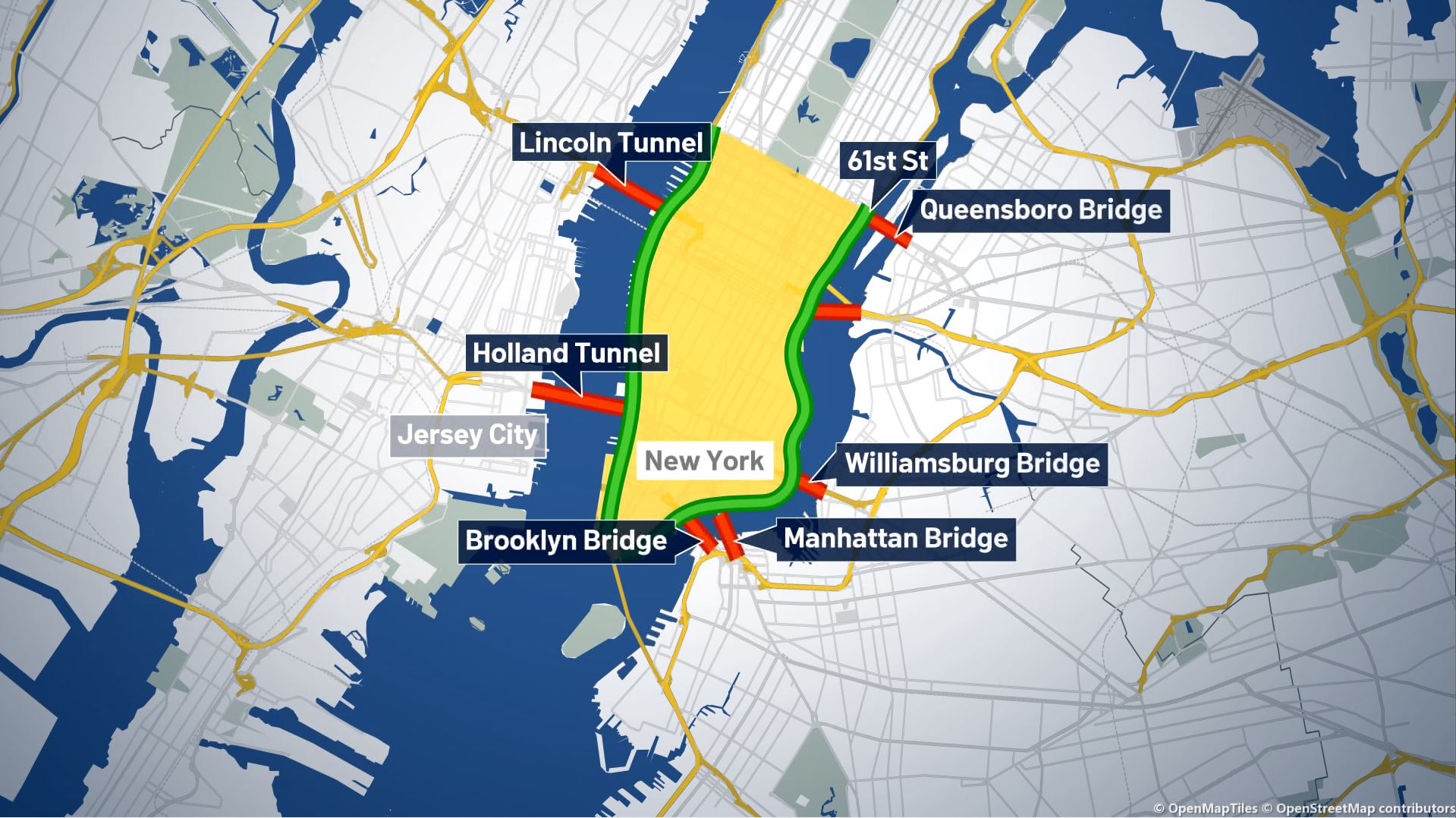The long boom of a crane that crashed down at a construction site for the 7 subway extension, killing a worker, was due for an inspection this week by city buildings authorities, officials said.
The rig, which failed Tuesday night, had been inspected most recently by the Buildings Department on Jan. 10, officials said. But the inspection could not be completed because the rig was in operation.
That January report said, "Crane cannot be laid down to inspect boom section, safetys only checked."
The crane operator's cab and station were found to be in satisfactory condition. A follow-up inspection had been scheduled for Thursday.
A July 14, 2011, inspection found no deficiencies of the crane at the time.
The cause of the accident was under investigation by a number of agencies Wednesday, including the police department and the Manhattan district attorney, and MTA officials disclosed little information about how it happened.
In a tragic twist, NBC New York has learned that the crane was being operated by the uncle of the worker who died.
Local
Witnesses tell investigators the crane was picking up a load with construction material when they heard a loud noise and saw the boom of the crane collapse.
The MTA said work has been suspended on the site. The head of MTA's capital construction has also ordered the inspection of all cranes at MTA work sites.
The incident marked the city's third fatal crane accident in four years, and followed a series of scandals involving lax or corrupt oversight of the industry.
After a pair of catastrophic crane accidents crushed buildings and killed nine people in 2008, city officials did a major overhaul of the rules and safety procedures for cranes.
The rig at the subway tunnel site was exempt from most city construction safety rules because it was working for an independent state authority.
City Council Speaker Christine Quinn called that lack of full adherence to city oversight a potential hazard.
At a news conference Wednesday, she said city officials responding to the accident had noticed conditions, like unguarded ledges, that would have earned the MTA a violation if it were required to abide by the city code.
The MTA said it was weighing a proposal by Quinn to place all of its construction activity under the authority of the city's Buildings Department.
Nevertheless, it said the Buildings Department already had jurisdiction on the cranes operating at the No. 7 subway line extension site because the work was being performed on city-owned property.
The Buildings Department declined to respond to questions about the inspections.
Officials at the construction company that owned and operated the crane, Yonkers Contracting Co., didn't return phone calls Wednesday.
The worker who was killed was identified as Michael Simermeyer, 30, of Burlington, N.J. He was working at the site for a subcontractor, J & E Industries, which also didn't respond to a request for comment.
The crane involved in the accident was a ground-crawling machine called a Manitowoc 4100, a far smaller crane than the skyscraper-building behemoths involved in the fatal accidents in 2008.
Depending on the length of the boom, the crane is capable of picking up 200 to 230 tons.
"Picking rebar would have been mostly a fairly light load for that crane," said Tom Barth, a crane inspector and accident investigator based in Goose Creek, S.C.
He said that the most likely cause for the boom collapsing under a load would be a snapped hoisting cable, but that it would be hard for any expert to suggest a cause without examining the site.
Get the latest from NBC 4 New York anytime, anywhere. Follow us on Twitter, Facebook and Google+. Sign up for email newsletters here. Get breaking news delivered right to your phone -- just text NYBREAKING to 639710. For more info, text HELP. To end, text STOP. Message and data rates may apply.



